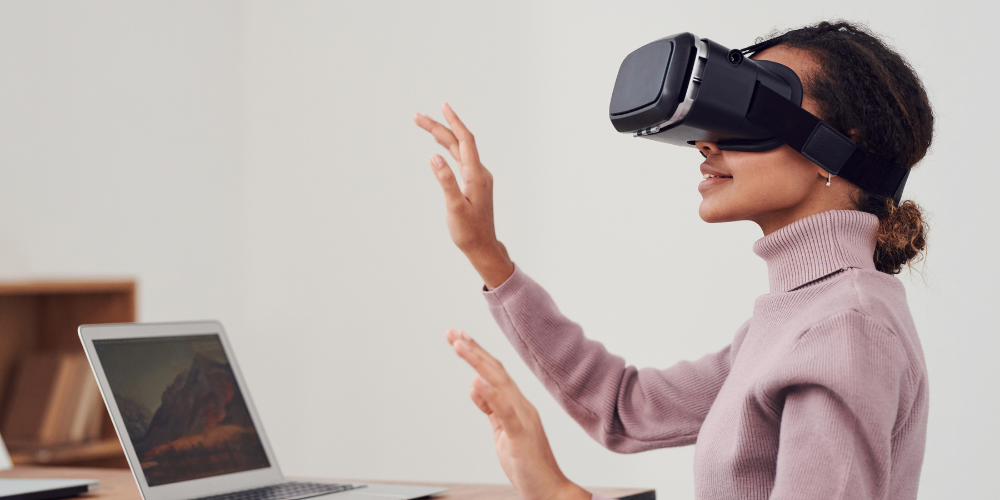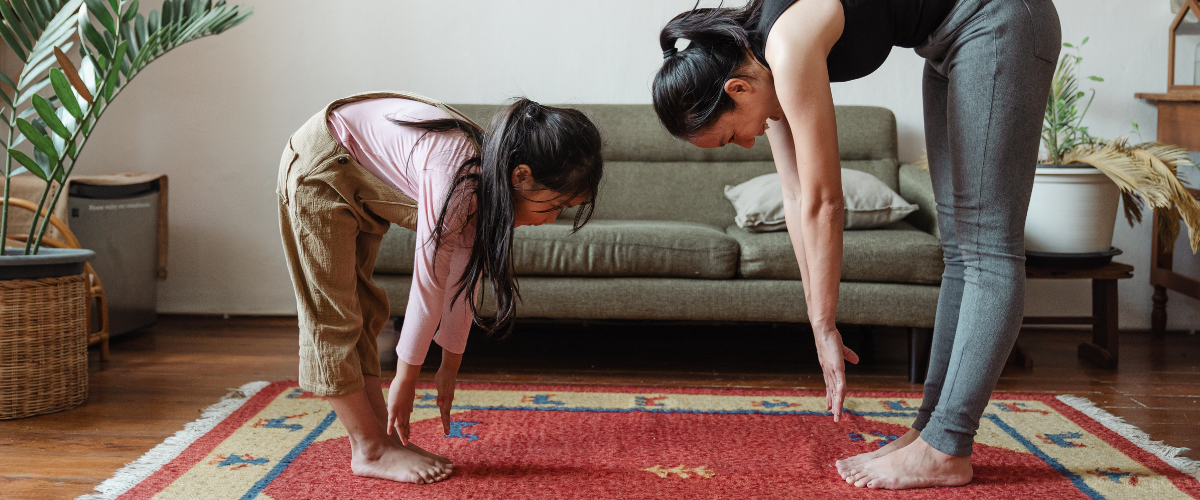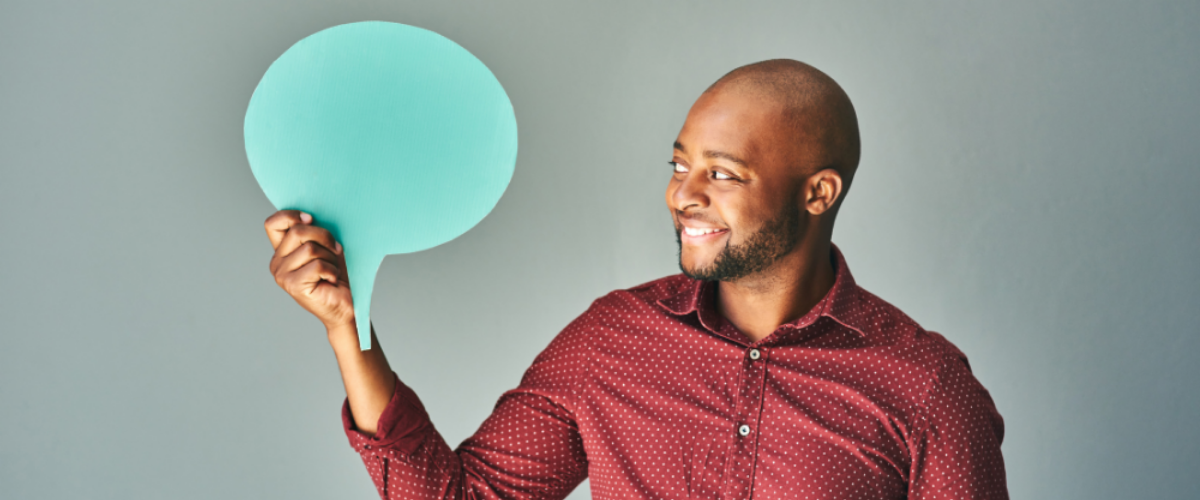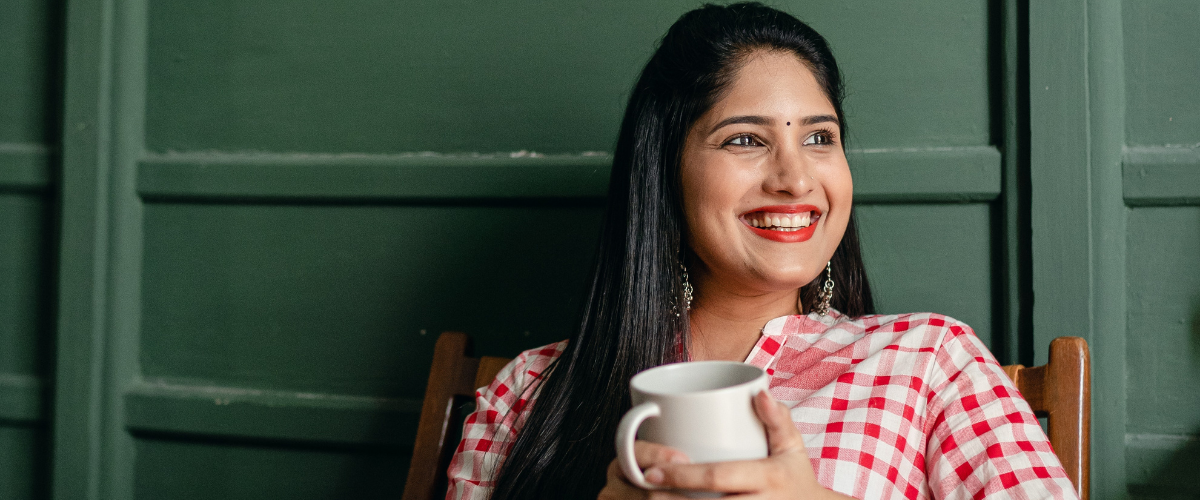Brain Blast | The Scientific Revolution
The latest news on the brain and beyond.
Scientists do more than create hypotheses and conduct experiments. They take risks, push boundaries, and design tools that fundamentally change the way we think, work, and live.
In this edition of the Brain Blast, we put the spotlight on revolutionary researchers who are using neuroscience to give a voice to the silenced, rest to the weary, and hope to the aging.
Lesson learned: How schools can improve students’ sleep
Mindfulness can make getting quality sleep child’s play. As part of a Stanford University study, elementary school teachers taught their at-risk students simple yoga poses, as well as techniques for deep breathing and focusing on the present. Researchers then tracked the students’ brain activity at night.
Children who engaged in this mindfulness program gained an average of 24 minutes of REM sleep per night. In total, they slept an average of 74 minutes more per night than before they started the program.
Anti-aging: How “superagers” stay young
“Superagers” are growing up without growing old. Researchers use this term to refer to adults over the age of 65 who do not exhibit the brain atrophy or memory loss common among individuals their age.
During the normal aging process, older adults generally experience reductions in neural differentiation, a process by which the brain distinguishes between different types of images. As a result, they tend to have a harder time remembering specific details, like whether they have read a certain book.
In fMRI scans, the brains of “superagers” show no such loss in neural differentiation. Scientists suggest that brain training may improve neural differentiation, helping more people achieve “superager” status.
Virtual reality: How scientists measure “cybersickness”
Up to 80% of virtual reality users experience “cybersickness”, a feeling of nausea or dizziness. To investigate this phenomenon, a team of University of Maryland researchers measured the EEG of study participants while they used a VR flight simulator. The team established a correlation between the users’ brain activity and their self-reported “cybersickness” symptoms. By confirming this link, these researchers have taken the first step toward empowering game developers and neuroscientists to understand and combat “cybersickness”.
Dream team: How memories are formed
While you sleep, your brain does some of its best work. Using EEG and fMRI tools, University of Geneva researchers found that the hippocampus sends information to the cerebral cortex during sleep. Through this process, the brain replays and consolidates memories. The research team also found that, day or night, the human brain is more likely to replay memories associated with rewards.
Wordplay: How thoughts become language
Thanks to a revolutionary system that converts thoughts into words, a paralyzed man has his voice back. A neurosurgeon implanted sensors onto the paralyzed man’s brain. As the man thought about different words, a computer analyzed his brain activity. After several months, the computer was able to successfully translate the man’s brain activity into words and, eventually, sentences.
This system currently generates sentences at a rate that is much slower than organic speech. However, many in the scientific community are confident that it will serve as the basis for future technology that will restore speech to people who’ve lost it.
Break time: How rest improves learning
Brains learn best when they’re taking a break. Study participants were asked to type a number sequence on a keyboard while they sat inside a magnetoencephalography machine which tracked their neural activity. They were directed to complete intervals where they typed for 10 seconds then rested for 10 seconds.
Each subject was able to type about 5 sequences during each active interval. During the rest period, each subject’s brain replayed the sequence at a much faster rate. The coordinators of this study believe that the rapid rehearsal that takes place in the brain during rest periods facilitates learning and improves memory.
Join our revolution
Sign up for our mailing list today to become a part of the measured mindfulness movement. You’ll receive the latest news on all the groundbreaking developments here at Versus. Plus, you’ll get a coupon good for 15% off your first order.








